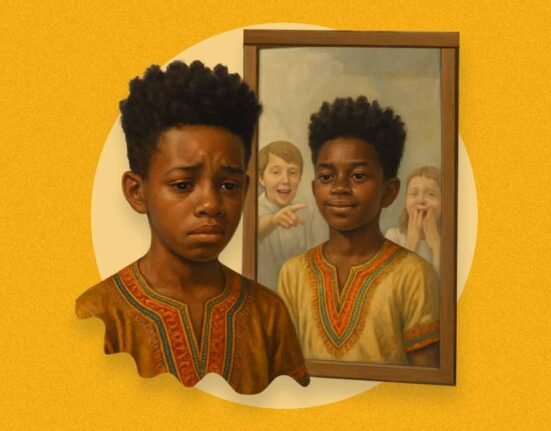There are a lot of myths and misconceptions in the society. Due to the social stigma, many people feel ashamed of what they go through, which keeps them from getting professional help. Regretfully, there are misconceptions among medical professionals as well, and they too have a prejudiced viewpoint regarding psychiatric patients and people with mental illnesses.
However, since there are effective treatments for practically all mental illnesses, this shouldn’t happen. There are situations when the stigma associated with mental illness can be more damaging than the condition itself, leading to feelings of helplessness and an inferiority complex. The misconceptions are more prevalent among medical professionals and in rural areas than in urban ones. (Kishore, Gupta, Jiloha, & Bantman, 2011)
Some Common Misconceptions about Mental Illness:
1. Mental is not a real illness.
Fact: Just like physical ailments, mental illnesses are conditions to be concerned about. They, are real health issues with workable solutions, cause distress and don’t vanish on their own.
2. Mental health conditions are rare.
Fact: Contrary to popular belief, mental illness is not rare. At some point in their lives, 1 in 5 Americans will experience mental illness; in any given year, 1 in 25 will experience a major one. It affects people of all ages, races, socioeconomic backgrounds, and religious beliefs.
3. People act in order to attract attention.
Fact: No one would choose to be physically ill, in the same way, no one would choose to be mentally ill. Although understanding the experiences of those with mental health disorders can be difficult, this does not negate the reality of their condition.
4. Poor parenting is the root cause of mental illness.
Fact: Mental illnesses cannot be caused by a single factor. These are complex conditions resulting from a combination of genetics, experiences in life, environment, and biology. Family and close friends do contribute significantly to recovery and support.
5. He’s not depressed; he’s just sad.
Fact: It is impossible for someone to will away depression. It’s a common misconception that someone can simply “shake it off” or “cheer up.” It is more than just “the blues,” but rather a dangerous illness that interferes with our bodies’ natural biological processes. Nonetheless, there are therapies that can help with depression symptoms, such as psychotherapy, and cognitive therapy.
6. People who suffer from mental illnesses are violent and dangerous.
Fact: People with and without mental illnesses do not differ in their degree of violence. Mentally ill people are far more likely to be victims of violence than to be perpetrators of violence.
In reality, people with mental health conditions are four times more likely than the general population to become victims of violence. Studies show that 1 in 4 persons with mental illnesses will experience violence at some point in their lives.
7. Mental health disorders never fully recover.
Fact: Mental health issues are not always lifelong conditions. Thanks to developments in therapy and medicine, people with mental health issues—including those with long-term conditions—can now recover. With the right treatment plan, people can live the happy, healthy lives they’ve always dreamed of, however, some symptoms might not go away quickly or at all.
8. Children cannot be affected by mental illnesses like depression.
Fact: Children can also suffer from mental illnesses. As a matter of fact, a lot of mental diseases manifest themselves in childhood. Mental health disorders are a significant issue, even though they may not appear the same in children as they do in adults. Learning and skill development may be difficult for kids with mental health disorders, which could lead to issues in the future.
9. There is no need for therapy. Just taking a capsule will help.
Fact: Individuals respond differently to different treatment plans. It often works best to combine medication and therapy. The ideal treatment plan may be provided by talking with a mental health professional.
10. Ageing is a factor in depression.
Fact: Depression is not a natural aspect of ageing. Due to the numerous changes in their roles and social networks, older adults may be more susceptible to depression. But they require the same kind of assistance or support as any other depressed person.
These and a plethora of other myths cause barriers to the well-being of members of our communities who suffer from mental illnesses. If we want to decrease the impact of mental illnesses on our communities, we need to educate ourselves on the facts. Raising public awareness alone will not be sufficient to achieve this goal. A comprehensive community-based program based on a psychosocial understanding of mental illness is required to dispel the widespread social stigma, myths, and negative belief systems surrounding mental illness.
To improve health-seeking behaviour, people must be encouraged to modify their behaviour and adopt a positive outlook towards mental illnesses.
Read More Articles:
- Mental illness will also receive serious attention under insurance policies
- Why Is Mental Illness Becoming a Time Bomb?
- Understanding the link between Relationship distress and Mental Illness
- Not All Criminals Have Mental Illness













Leave feedback about this